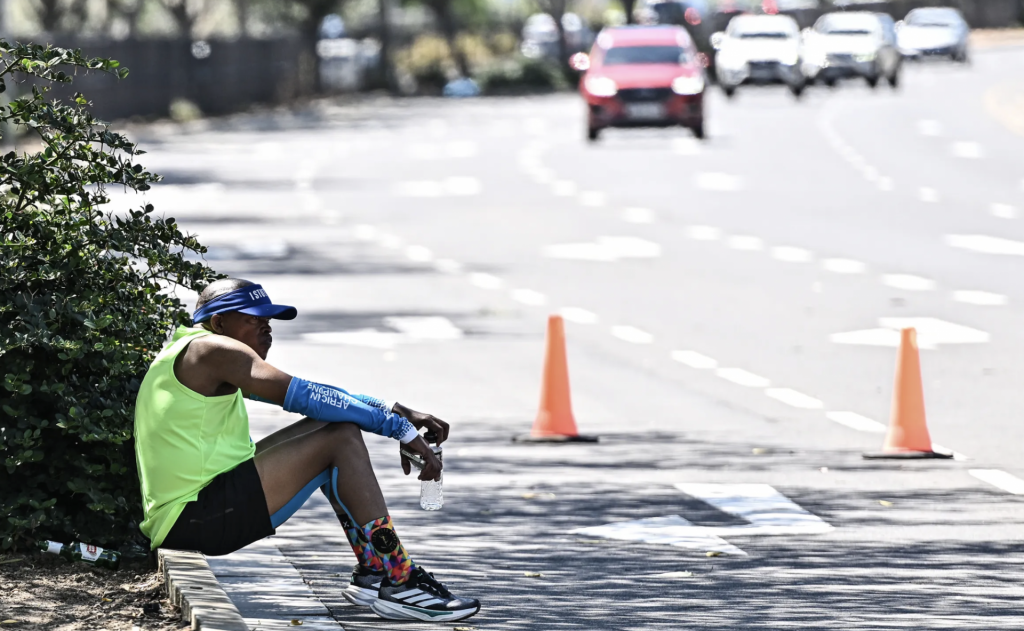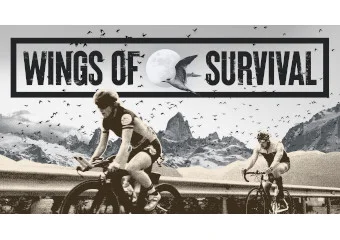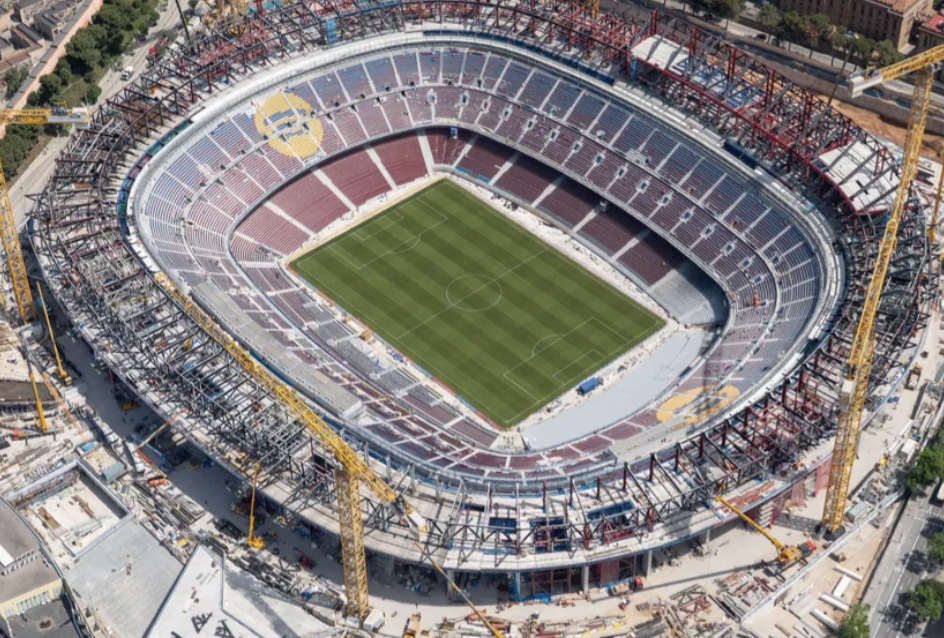To access our unique news archive of over 1,400 articles with insights on over 500+ sustainable sports organisations, join the GSS Network today.
Login here if you are a registered network subscriber.
News article
‘Safety Over All Else’: Organisers Defend Cape Town Marathon Cancellation
The 2025 Sanlam Cape Town Marathon was abruptly cancelled on Sunday, 19 October, due to safety concerns over high winds, leaving 24,000 entrants devastated. The decision was made at 04:45, just 85 minutes before the scheduled 6:10 am start, after gusts of wind destroyed vital infrastructure. In the face of runner disappointment, organisers have released a detailed timeline to explain what they termed an "extremely difficult decision".

The Timeline to Cancellation
The situation began to unfold shortly after midnight, with the first reports of high winds at the Race Village in Green Point.
- 02:15: A Safety Walk inspection observed significant damage. Fencing, furniture, and gazebos had been blown over, and wind gusts were measured at 48km/h.
- 02:30: The Race Village was officially shut down by safety officials.
- 03:00 – 04:30: Reports from the Route Safety Team confirmed the winds were impacting the entire course, with signage blown over in Woodstock and fencing affected in Sea Point, Observatory, and Rondebosch.
- 04:40: The structural engineer delivered a critical report stating he could not certify the safety of multiple structures. This included the start towers, pedestrian bridges, medical tents, and the hospitality marquee.
- 04:45: With key infrastructure deemed unsafe, the Safety Committee took the unanimous decision to cancel the event, which was authorised by the Joint Operations Committee (JOC).
- 05:00: Communication of the cancellation was sent via WhatsApp and social media to all runners.
“All About Safety”
Organisers have firmly stated the decision was based purely on safety. Phil Prinsloo of Eyethu Events, the event’s Safety Officer, emphasised this point: “it is important to note that the decision to cancel the race was all about the safety and security of the participants”. He added, “Neither the Sanlam Cape Town Marathon, nor its Abbott World Marathon Majors goals, influenced the decision-making process”.
This justification was crucial as many runners, some already at the start, questioned the call when the wind in Green Point reportedly settled around 6 am.
Cape Town Marathon CEO Clark Gardner countered this observation. “The wind did die down in Green Point around sunrise, but that certainly was not the case on the elevated highway section of the route, nor in Woodstock,” he said. Gardner explained that blowing fencing posed a severe risk, stating, “One fence hitting a wheelchair athlete or runner would have potentially caused a serious injury”.
"The wind did die down in Green Point around sunrise, but that certainly was not the case on the elevated highway section of the route, nor in Woodstock," he said. Gardner explained that blowing fencing posed a severe risk, stating, "One fence hitting a wheelchair athlete or runner would have potentially caused a serious injury".
Athlete Heartbreak
For the runners, the news was a shock. Ashton van Staden, preparing for his first marathon, told Daily Maverick he initially thought the 5 am message was “a prank”. Wesley Morrison, who was warming up near the start line, described the feeling as “devastating”. “It brought me to tears because, like many others, there was a lot of hard work put into preparation for this marathon,” he said.
In the immediate aftermath, thousands of frustrated runners took to the Sea Point promenade to run their own marathon, creating “pandemonium” on roads that were not closed to traffic.
"It brought me to tears because, like many others, there was a lot of hard work put into preparation for this marathon,"
Looking to the Future
To offset the disappointment, title sponsor Sanlam announced it will offer all 2025 entrants a sponsored entry for either the 2026 or 2027 event. This incident has also reinforced the decision to move the marathon’s date. From 2026, the race will be held in May, with organisers hopeful this will mean “less wind”. The growing threat of extreme weather events impacting major sporting events accelerates the need for sports to consider the risks that climate change pose for the industry and how sport can mitigate such risks in the future.
Photo: Ashley Vlotman
Read moreCape Town Marathon
Join the GSS Alliance Partners programme today
Stay ahead of the game with our FREE weekly newsletter, delivering the latest sport and sustainability news from around the globe straight to your inbox
Join the GSS Network programme today
Register for GSS Workshops today
Join the GSS Education programme today






















